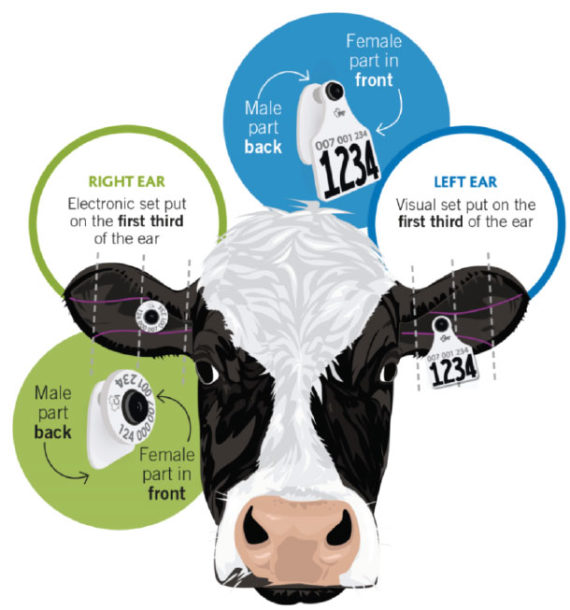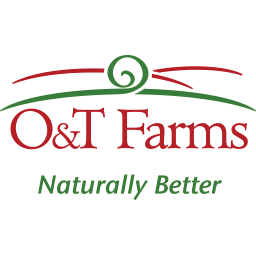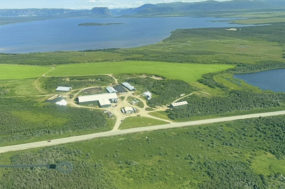Dairy Farmers of Canada is including traceability into its proAction Initiative for on-farm excellence as one of its six core modules. The others – milk quality, food safety, animal care, biosecurity and environment – are in various stages of implementation.
The animal care and livestock traceability modules started to roll out on farms this fall. Quebec dairy farms already have a full traceability system in place.
Canada’s livestock traceability system is being deployed based on three foundational pillars: animal identification, premises identification, and animal movement recording and reporting.
All dairy cattle are currently identified, and nearly all of the nation’s dairy farms have an official premises identification number issued by a provincial government.
Animal movement recording and reporting is the last stage of traceability implementation, and industry is currently working towards achieving this goal.
Once in place, fully functional traceability becomes a powerful tool with many applications. It allows for fast and efficient trace-back of animals in the event of a disease or health threat, which can substantially limit the economic, environmental and social impact of such emergency situations.
Traceability, in addition to the other proactive on-farm measures Canada’s dairy farmers have undertaken, helps build and strengthen consumer confidence, and assists in gaining and preserving foreign market access for live cattle and genetics.
In addition to providing health benefits that protect producers and consumers, traceability technology can also be used by farmers to achieve even greater efficiencies and improved genetics.
The Canadian dairy industry is world-renowned for its quality breeding stock and genetics. Technological advances that have come with radio frequency identification tags have allowed multiple industry partners to input information on individual animals throughout their lives.
The result is one stream of data management that can be added to by many stakeholders, which is used to further refine the attributes of the national one.
Pascal Lemire, a Quebec dairy farmer and registrar for Holstein Canada, says he has been using traceability technology at his operation for years with great success.
“It’s like a social insurance number, and this is the only number the cow will ever need, and it contains all the information we can have on that cow,” Lemire explains. “All industry partners – milk control agencies, breed associations, veterinarians, artificial inseminators, dairy equipment suppliers – will work with dairy producers to implement and work with traceability.”
Dairy producers are using traceability technology in conjunction with other technologies that record how often a cow is milked, how much volume she is producing and even what the fat percentage of her milk is during any given day.
“We can create a picture of all the information we have on a cow with just her identification number. This information is useful for the farm in terms of herd health, productivity and other farm management applications. All of this is related to that one identification number – it is very exciting,” Lemire says.
For more information, visit the proAction website or the TraceCanada website. PD
Dairy Farmers of Canada is the national policy, lobbying and promotional organization representing Canadian dairy farmers. It works to maintain policies that foster the viability and sustainability of Canadian dairy farms and promote Canadian dairy products and their health benefits through advertising, contests, partnerships, media relations and nutrition programs.









